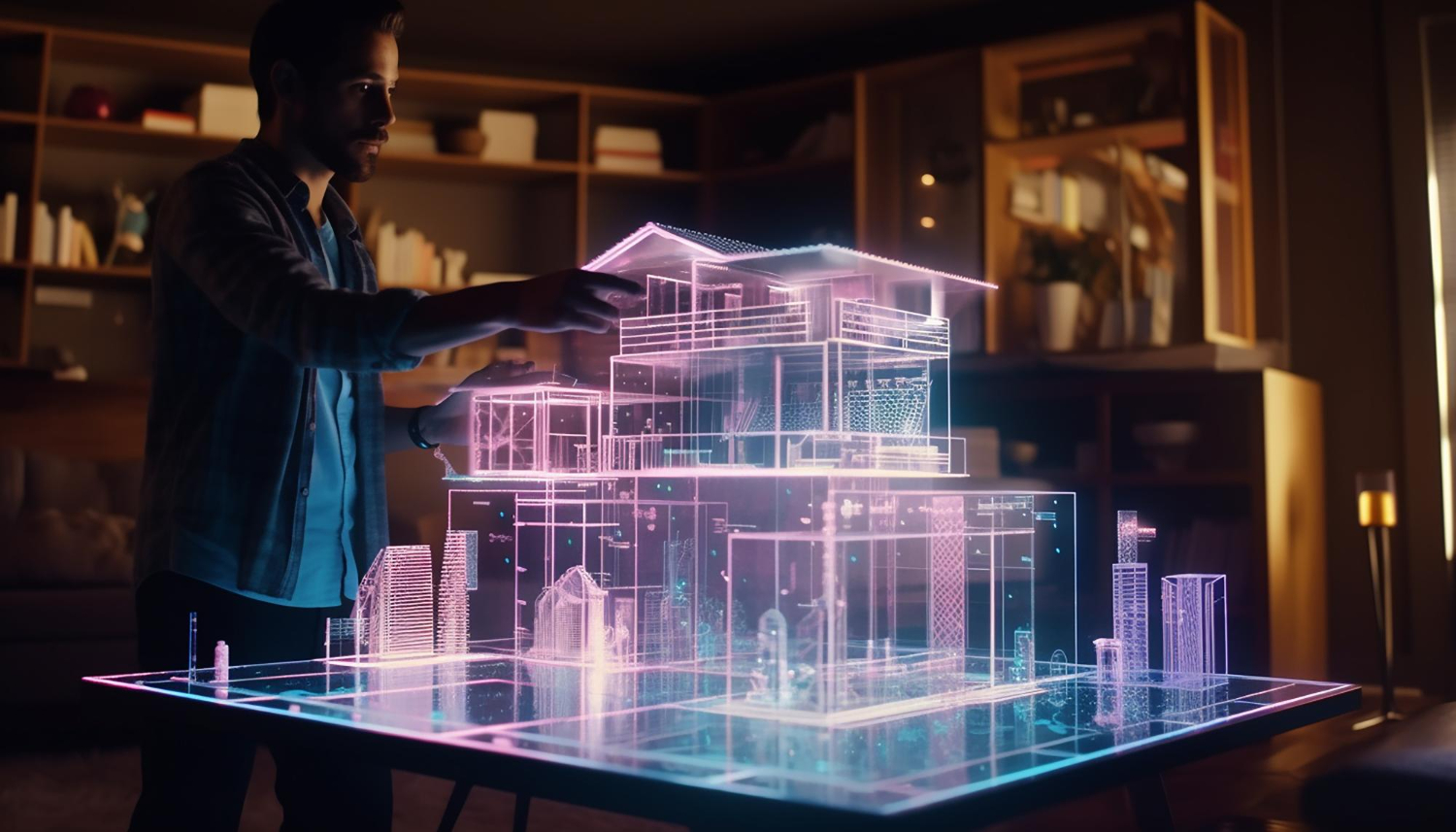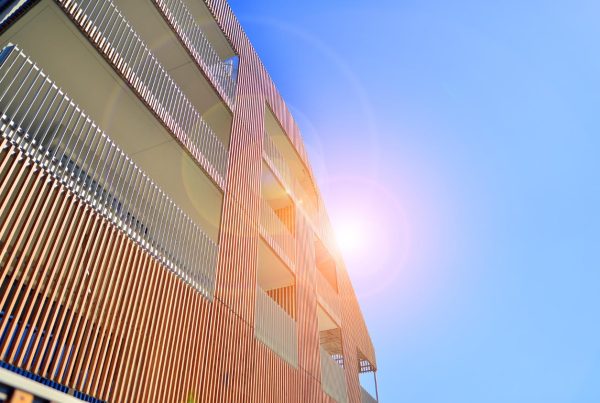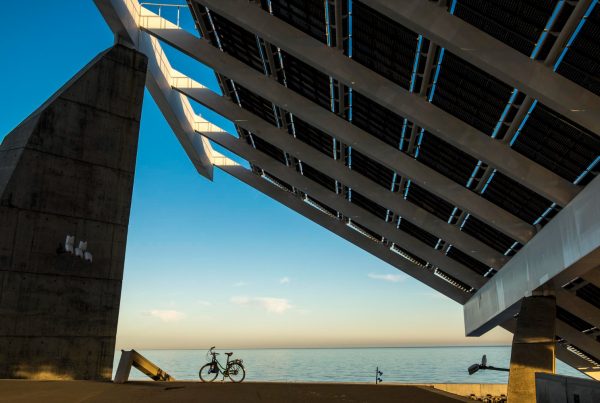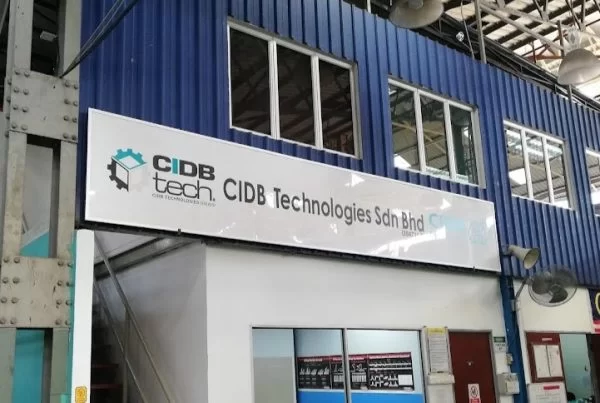
The advent of Artificial Intelligence (AI) in architecture and construction heralds a transformative shift in how sites are selected, designs are conceptualised, and projects are planned. By harnessing vast amounts of data and learning from patterns within, AI algorithms offer unprecedented efficiency and sustainability in building design.
In site selection, AI tools analyse geographical data, urban patterns, and environmental factors to determine the optimal location for construction. This enhances the viability of projects and ensures that the natural ecosystem suffers minimal disruption. For example, algorithms can predict flood plains and earthquake-prone zones, thereby averting potential disasters in site planning.
When it comes to architectural design, AI’s impact is multifaceted. Algorithms aid in creating structures that are not only aesthetically pleasing but also structurally sound and resource-efficient. Generative design, a method empowered by AI, allows architects to input design goals and parameters such as materials, costs, and spatial requirements and then generates a myriad of design alternatives. This process accelerates the design phase and fosters innovation by presenting options beyond the conventional human thought process.
The Shanghai Tower and The Edge in Amsterdam are two cases where AI significantly enhanced building design. In Shanghai, AI optimised energy use, improved wind resistance, and assisted in material selection, while in Amsterdam, it regulated energy consumption and workspace utilisation, contributing to The Edge being recognised as a highly sustainable office building. These instances illustrate AI’s role in creating efficient and environmentally friendly structures.
Moreover, AI’s predictive capabilities are instrumental in reducing design errors. By simulating building performance before construction begins, AI can foresee potential structural issues, enabling adjustments pre-emptively improving project timelines. AI also streamlines project planning by predicting the best construction sequences, managing resources more effectively, and optimising worker schedules.
In the following article discussion, we’ll delve into the transformative role of Artificial Intelligence in enhancing construction safety through predictive risk management and the pre-emption of accidents.
Article 1: Introduction to AI in Construction: Transforming the Building Industry
Article 3: Enhancing Construction Safety with Artificial Intelligence: A Proactive Approach
Article 4: Optimising Project Management with AI: Streamlining Workflows and Predictive Scheduling
Article 5: Enhancing Construction Quality Control with AI: Precision, Efficiency and Compliance














